According to data from the General Statistics Office, credit growth as of June 20, 2023 only reached 3.13%, much lower than the growth rate of the same period last year (8.51%).
At the State Bank's Conference on Information on Banking Performance Results for the First 6 Months of 2023 and Tasks for the Last 6 Months of 2023, by the end of June 2023, representatives of the Bank for Agriculture and Rural Development of Vietnam ( Agribank ) and Vietnam Prosperity Joint Stock Commercial Bank (VPBank) pointed out the "bottlenecks" and ways to remove them.
Mr. Pham Duc An - Chairman of the Board of Directors of Agribank said that during the fight against Covid-19, the tight monetary policy to control inflation of many major economies , embargo policies, and prolonged strategic competition have had a very negative impact on business operations, with both domestic and international demand decreasing, inventories increasing, and economic and trade relations seriously declining.
“Therefore, although Agribank has introduced many solutions, credit growth is still low, although Agribank's lending interest rates have decreased by 2-4% depending on the customer segment and Agribank has organized many working groups to work directly with branches throughout the system to assess the causes and find solutions to increase credit growth,” said Mr. An.
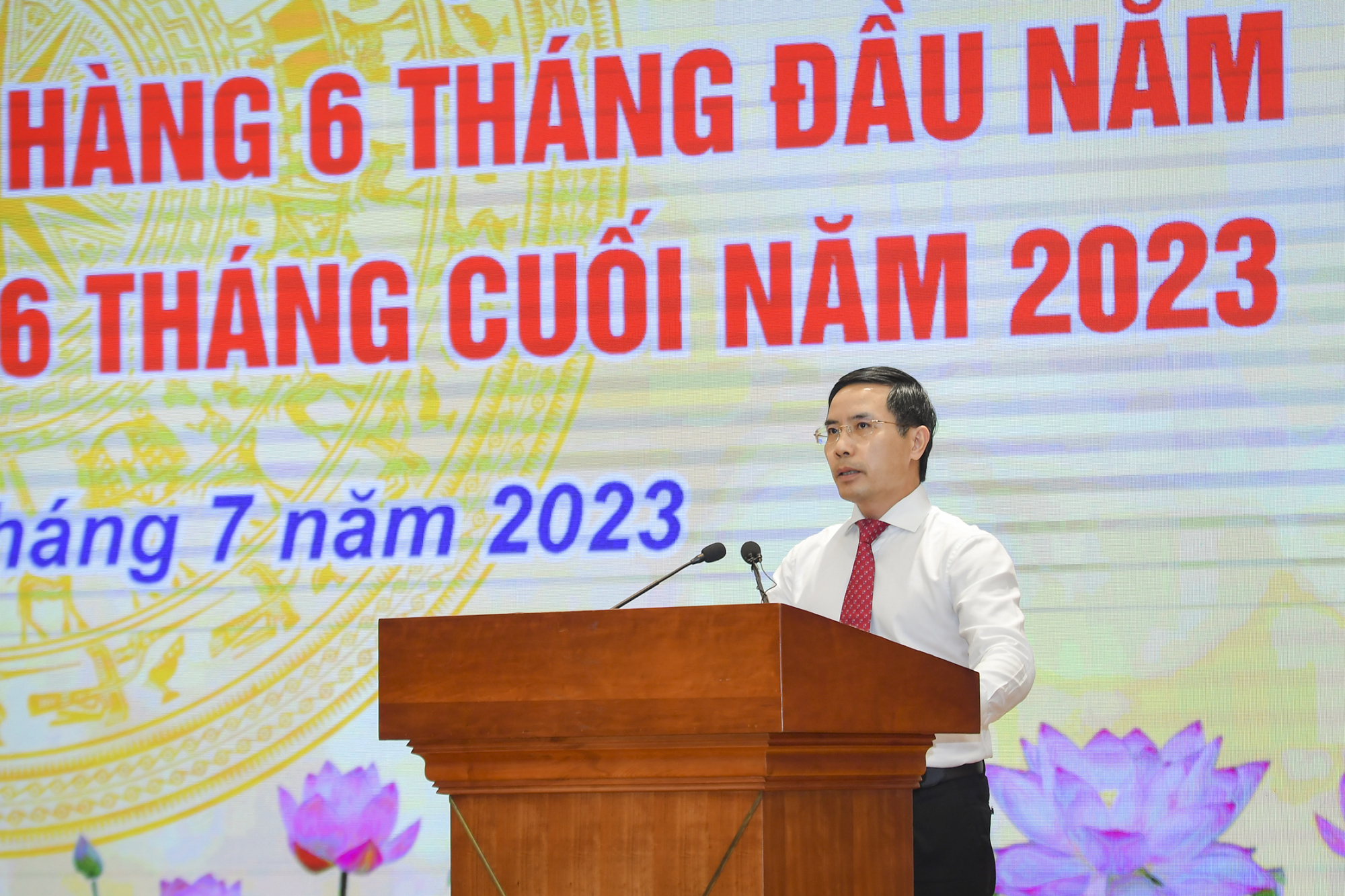
Mr. Pham Duc An - Chairman of the Board of Directors of Agribank assessed that fiscal policy will play a very important role, especially to clear the disbursement of public investment. Photo: SBV
According to Mr. An, the low growth of Agribank is due to the seasonal nature of agricultural activities, but also due to fundamental reasons such as: customers do not meet the lending conditions as other delegates have mentioned, some customers borrow to roll over debt to avoid bad debt at other banks, to restructure finances, to pay for bonds issued but do not meet lending conditions, or customers are in a state of limited operation, do not have a need to borrow capital because there is no consumer market, even when there is a source ready to pay to reduce outstanding debt to wait for the opportunity to recover business.
The Chairman of Agribank stated: “In current conditions, fiscal policy will play a very important role, especially in clearing public investment disbursement, thereby contributing to increasing resources for the economy and raising domestic demand.”
In addition, the Government needs to create a mechanism to enhance the autonomy and self-responsibility of state-owned enterprises and state-owned commercial banks, thereby prioritizing target management instead of behavior management, so that state-owned commercial banks can be proactive, flexible, and have many creative solutions in investing in technology, coordinating with Fintech companies to create new products and services as quickly as possible to meet competitive requirements.
Meanwhile, Mr. Nguyen Duc Vinh - General Director of VPBank affirmed that the bank itself is very responsive to the instructions of the State Bank. If compared with the peak of liquidity at the end of last year and the beginning of this year, the mobilization interest rate was up to 10%, now it has decreased, the bank also accepts to reduce its profits, there are large banks such as BIDV... through reducing interest rates, the profit has decreased by more than 2,000 billion, VPBank itself has decreased by more than 1,000 billion, a decrease of 2-3%.
According to Mr. Vinh, VPBank and other banks are continuing to implement conditions to increase credit access for businesses and the economy in general.
If in the past, policies were only focused on supporting the economy and businesses while businesses had no output, now there are policies to stimulate demand and consumption.
Our two driving forces of investment and export are both difficult, fortunately in the first 6 months of the year we have recovered in public investment. This will create opportunities for growth, bringing large capital sources to the economy but we think that is not enough.
“Therefore, I think consumption and domestic consumption will be the most important factor,” Mr. Vinh emphasized.

Mr. Nguyen Duc Vinh, General Director of VPBank, assessed that the root of interest rates does not lie in administrative procedures but in the market. Photo: SBV
According to Mr. Vinh, when the economy is in trouble, businesses’ health declines, leading to failure to meet credit requirements. So will banks support? In reality, people need support for healthy businesses, but not much. While 70-80% of the entire economy cannot meet the requirements, will hundreds of thousands of unemployed workers be supported?
This problem needs to be put in reverse with government agencies on policy. Let banks balance risks within the allowed range, when customers are having difficulties and cannot meet 100% of the conditions, banks can accept if they see potential in the future.
To reduce interest rates, the Prime Minister, Governor, and Association issued many documents calling for, mobilizing, and applying administrative measures that have also reduced interest rates a lot, but the root of interest rates does not lie in administrative procedures but in the market.
“That is the liquidity issue. If we do not maintain a stable macroeconomic environment, a stable fiscal policy, monetary policy and other policies… it will be very difficult,” Mr. Vinh analyzed.
Third, for consumer financial support, people's needs are there, so policies are needed to deploy all forms of consumer loans to address the decline in people's consumption in recent times.
Fourth, there needs to be a policy to protect investors, the rights and interests of banks and investors everywhere, but it is difficult to implement; protect organizations and individuals in investment relationships, and strengthen the healthy operation of banks. In my opinion, lenders are at the greatest risk, and the management agency has regulations on debt collection rights and debt settlement rights. Banks have the right to collect debts, and borrowers have the responsibility to repay debts.
Source


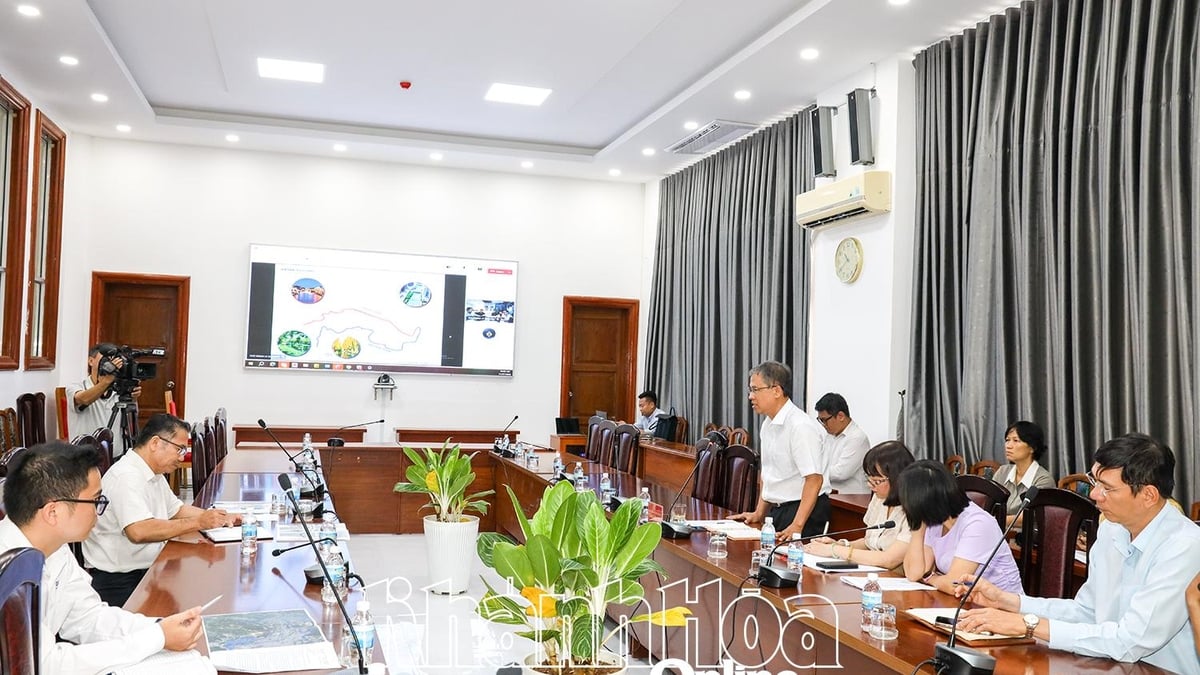



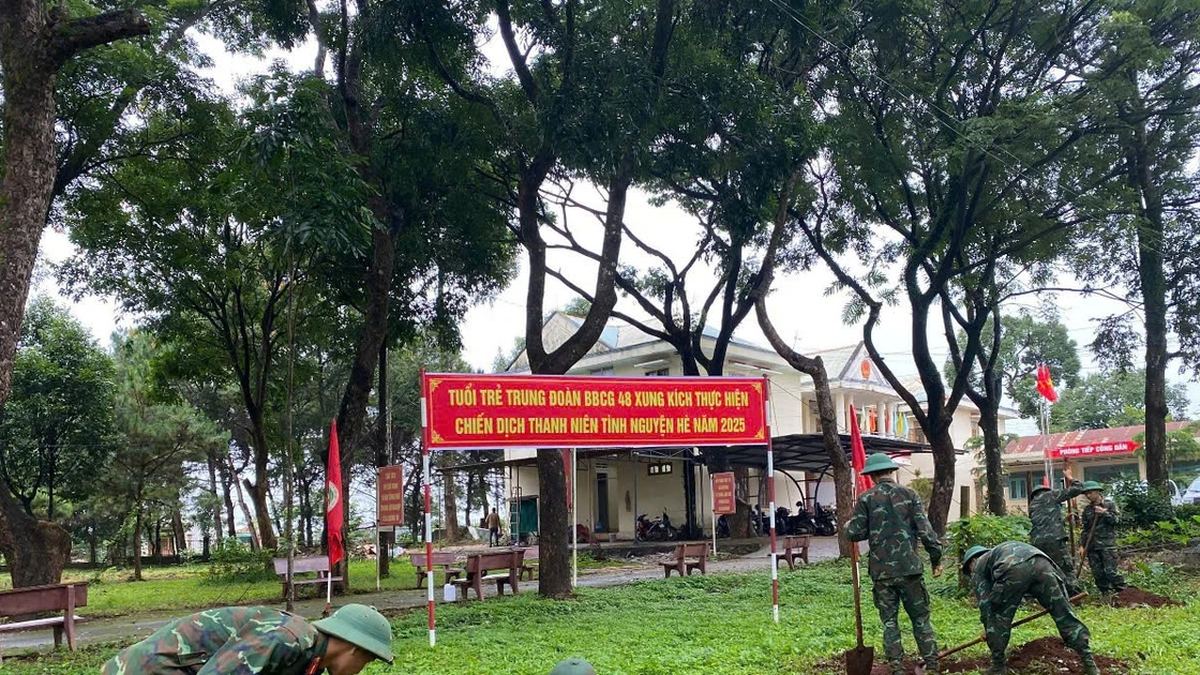
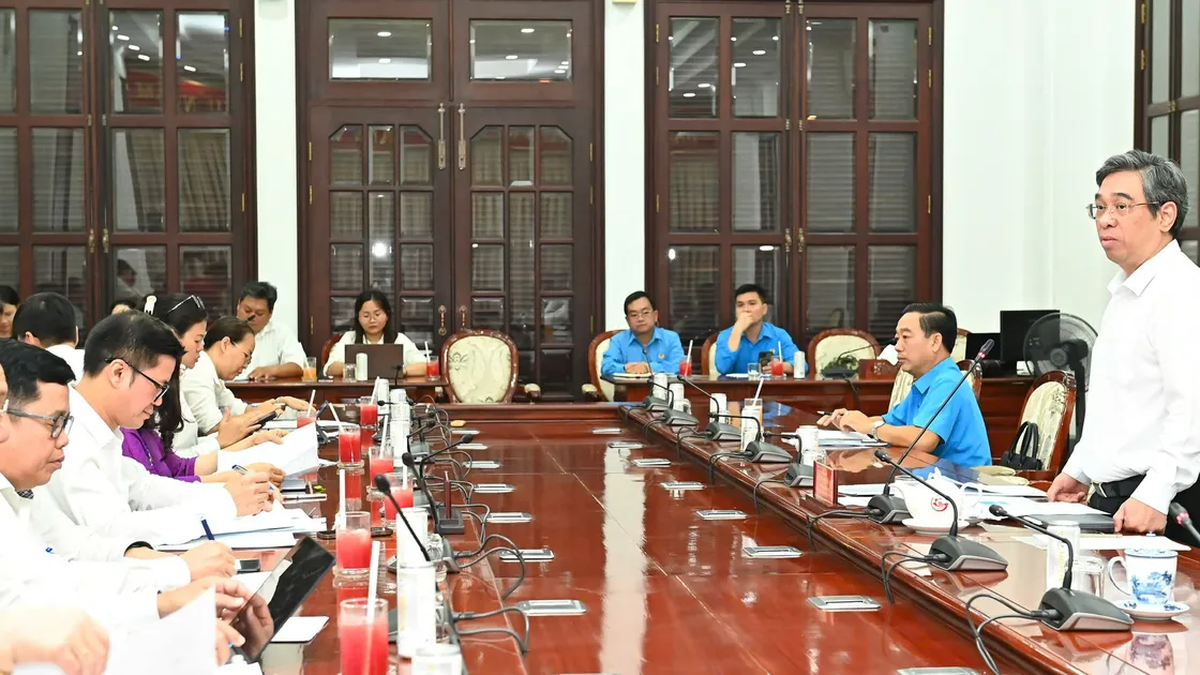
















![[Photo] National Assembly Chairman Tran Thanh Man visits Vietnamese Heroic Mother Ta Thi Tran](https://vphoto.vietnam.vn/thumb/1200x675/vietnam/resource/IMAGE/2025/7/20/765c0bd057dd44ad83ab89fe0255b783)













































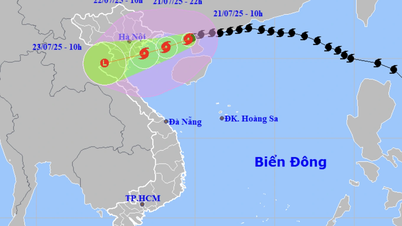





























Comment (0)